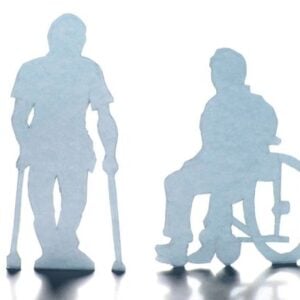The Centre for Human Rights at the University of Pretoria’s Faculty of Law recently hosted a two-day Regional Workshop on Enhancing the Ratification and Implementation of the African Disability Protocol. The workshop convened a diverse group of stakeholders from multiple sectors, including the disability sector, academia, donor agencies, government, National Human Rights Institutions, and civil society. Participants represented countries such as Eswatini, South Africa, Malawi, Ghana, Kenya, Zimbabwe, Ethiopia, Tanzania, Mozambique, Uganda, and Botswana. The gathering provided a platform for dialogue on strategies to strengthen ratification and practical implementation of the African Disability Protocol.
The African Disability Protocol, adopted by the African Union on 29 January 2018, came into force on 3 May 2024 following the deposit of the 15th instrument of ratification. It is the first African human rights instrument exclusively focused on the rights of persons with disabilities, contextualized to African realities. Unlike global instruments such as the Convention on the Rights of Persons with Disabilities (CRPD), the Protocol addresses issues unique to the continent, including customs, traditional beliefs, harmful practices, self-representation, and the role of families, caregivers, and communities. Although 17 AU Member States have ratified the Protocol, universal ratification is seen as essential to ensure that all persons with disabilities across Africa enjoy equal rights and fundamental freedoms.
The workshop aimed to encourage wider ratification of the African Disability Protocol by highlighting the value its contextualized provisions bring to national legislative frameworks. It also sought to facilitate dialogue among stakeholders on effective implementation strategies. Delegates examined the rationale for universal ratification and explored approaches including capacity-building, legislative and policy reform, strategic litigation before national courts, and engagement with AU mechanisms such as the African Commission on Human and Peoples’ Rights.
By sharing best practices and strategies, the workshop aimed to empower participants to translate the lessons learned into actionable initiatives in their respective countries. This collaborative effort is intended to ensure that the African Disability Protocol not only gains broader ratification but also has a tangible impact on the lives of persons with disabilities throughout the continent.






